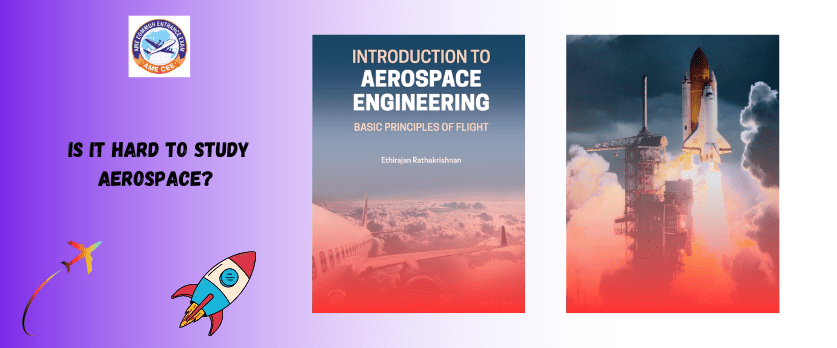Studying aerospace can be challenging due to the complex nature of the subject matter, which involves a combination of engineering, physics, mathematics, and technology. Here are some factors to consider regarding the difficulty of studying aerospace:
Mathematical Rigor
Aerospace engineering involves extensive mathematical concepts, including calculus, differential equations, and linear algebra. Students need a strong foundation in mathematics to grasp and apply these principles.
Physics Fundamentals
Understanding the principles of physics, particularly those related to aerodynamics, propulsion, and materials science, is crucial in aerospace. Students should be comfortable with concepts like Newtonian mechanics and fluid dynamics.
Engineering Complexity
Aerospace engineering is a branch of engineering that deals with the design, analysis, and manufacturing of aircraft and spacecraft. The complexity of designing and building vehicles that operate in varying conditions can be challenging.
Hands-On Practical Work
Many aerospace programs incorporate hands-on projects, laboratory work, and internships. Applying theoretical knowledge to practical scenarios can be demanding, requiring a combination of analytical skills and creativity.
High-Stakes Projects
The aerospace industry involves high-stakes projects where precision and accuracy are paramount. Students may experience pressure to meet project deadlines and adhere to strict safety standards.
Continuous Learning
The field of aerospace is dynamic, with constant advancements in technology and engineering practices. Students need to stay updated on the latest developments, requiring a commitment to continuous learning.
Interdisciplinary Nature
Aerospace engineering often requires an interdisciplinary approach, involving the integration of knowledge from various fields. This can be challenging for students who are not comfortable with or accustomed to working across different disciplines.
While studying aerospace can be challenging, it can also be highly rewarding for those with a genuine interest in aviation, space exploration, and technology. Many individuals find the intellectual stimulation and the opportunity to contribute to groundbreaking projects to be motivating factors that outweigh the challenges.
Success in aerospace studies often depends on a combination of passion, dedication, problem-solving skills, and a solid foundation in science and mathematics. Students who enjoy tackling complex problems, have a curiosity about how things work, and possess a strong work ethic are well-suited for a career in aerospace.
To become an aerospace engineer you may could join aerospace engineering through AME COMMON ENTRANCE EXAM (AME CEE) this examination you may join Aerospace Engineering approved by AICTE.


